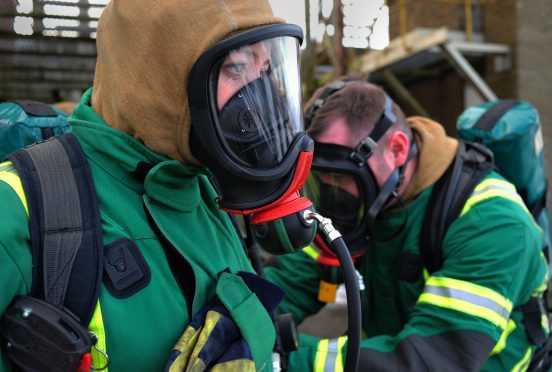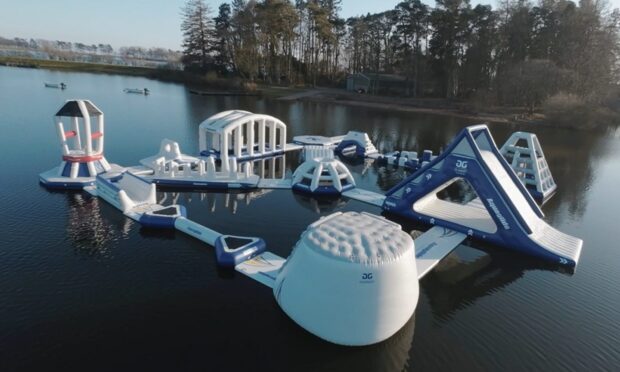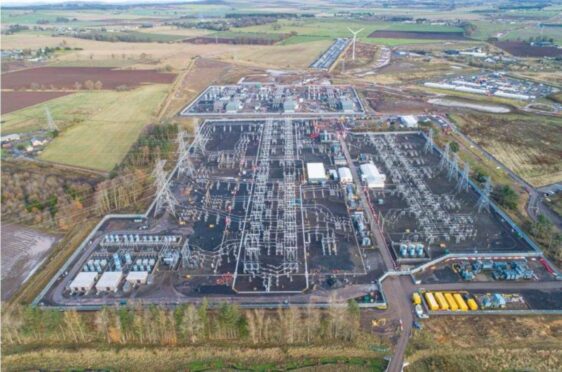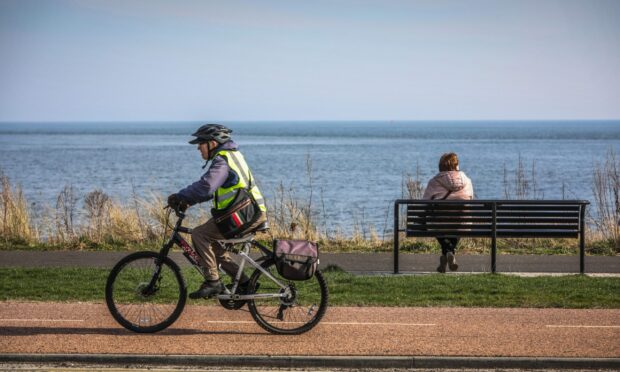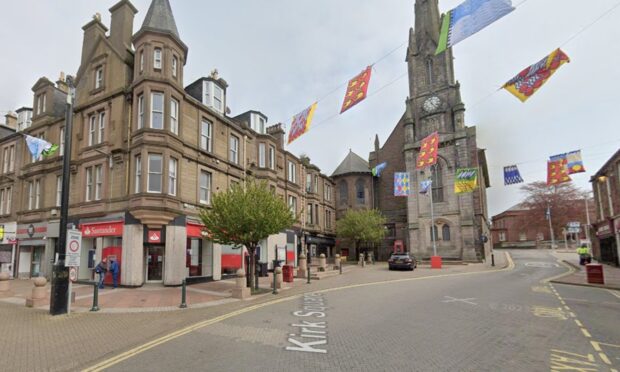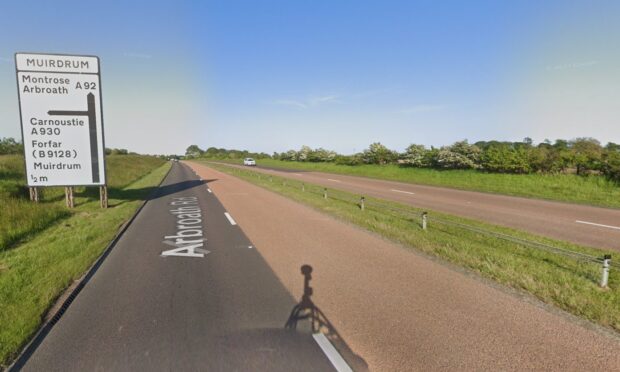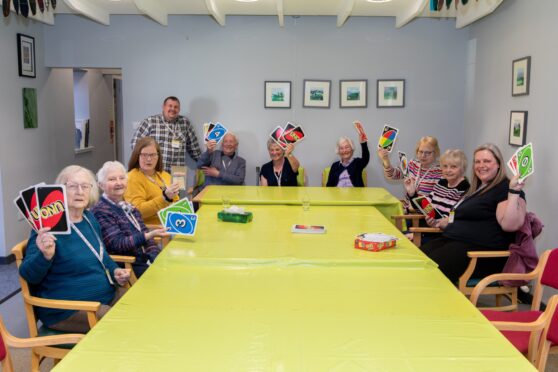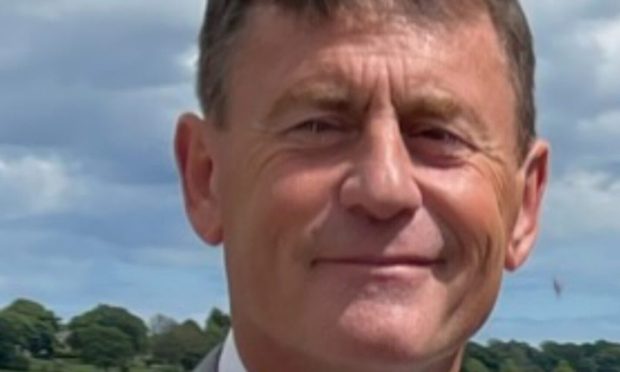Less densely populated areas must be just as vigilant against terrorist attacks as anywhere else in Scotland, according to a Scottish Ambulance Service chief.
Jim Dickie, head of the Scottish Ambulance Service’s Specialist Operations Response Team (SORT) said incorporating Tayside in recent major terrorism response exercise, Op Border Reiver, was part of a “stress-test” on the emergency services’ capability.
The exercise — not in response to any specific threat — was designed to ensure specialist and local crews are able to respond as quickly and efficiently as possible in the event of a wide range of emergency situations.
Forfar was the centre of local operation for the mock emergency exercise between October 3 and 5, with other sessions held across east and central Scotland and Northumbria.
Mr Dickie said dealing with “multi-sited” terrorist attacks is a crucial element of specialist training, meaning the unit needs to be able to quickly reach every area in Scotland.
He said: “Part of our thinking to carry out part of the operation in Forfar was that you can never tell with how these individuals (terrorists) operate.
“We wanted to stress test this. We thought ‘let’s not just make it in Edinburgh or Glasgow’.
“If a terrorist decides to launch an attack on somewhere they think we wouldn’t have resources then we need to be prepared for that.
“Multi-sited attacks appear to be the modus operandi of terrorists so we are trying to mitigate this threat.
“In our scenario as part of Op Border Reiver, the initial incident was in Edinburgh. We then started to move specialist SORT paramedics based in the north further down the country.
“We then simulated another incident in Forfar so we had to deal with two incidents at the same time. What we also wanted to do was to make sure local crews were involved in the exercise too.
“At Forfar we didn’t just have specialist teams, we also had a number of local ambulance crews and ambulance control teams involved.”
The SORT unit was set up in 2002, seven years before similar ambulance teams were established in other parts of the UK.
Members of the unit receive specialist training to deal with any and all major emergency situations in Scotland.
Paramedics who are part of the unit go through a period of between six and eight weeks of advanced training to ensure they are able to handle highly dangerous and tactically challenging emergencies.
The training allows them to provide professional clinical care to patients within what is known as the “inner cordon”.
Using the latest technology and equipment, the unit is drilled to react to other major emergencies outside of terrorism, including large-scale crashes, significant water emergencies, major fires and incidents involving hazardous materials.
The team works closely with external partners such as police and fire services across the UK and has the lead within Scotland for Casualty Management at these incidents — as was the case in Op Border Reiver.
After spending years in the shadow of other specialist emergency crews however, Mr Dickie explained that it is now time for SORT to gain more of a public face.
He added: “We have sat passively for a long time because we really didn’t want to promote too much the kind of specialist work that we do.
“It’s only right and proper that the public are aware of the specialist capabilities that the Scottish Ambulance Service has and what we train to prepare for.”
